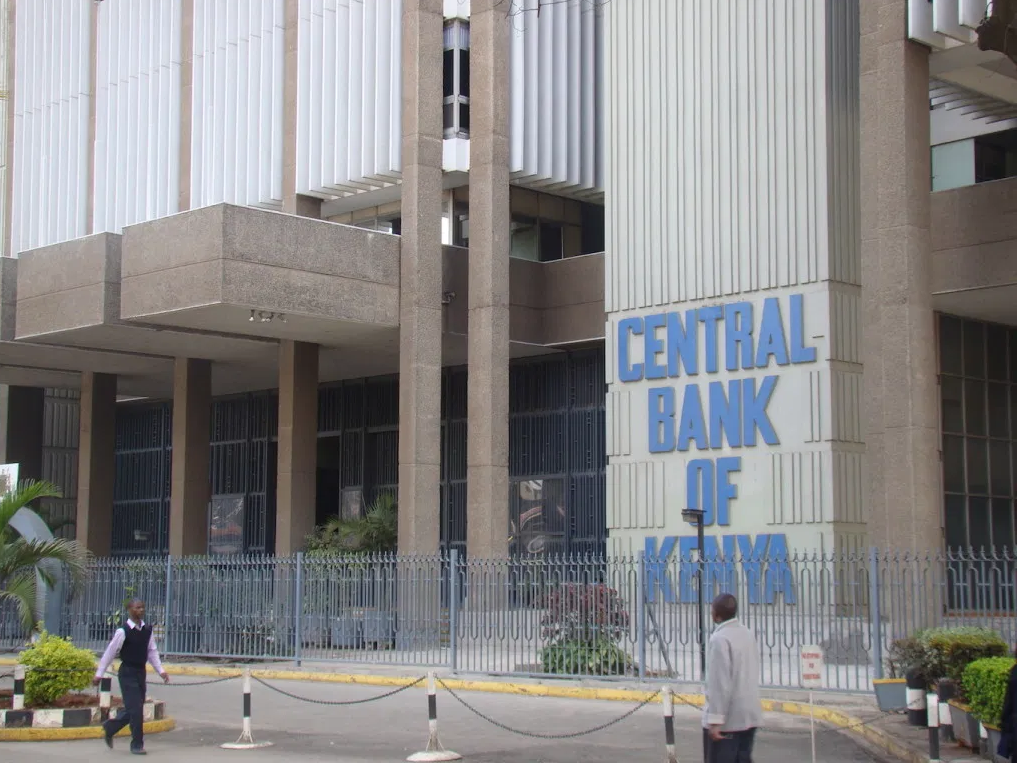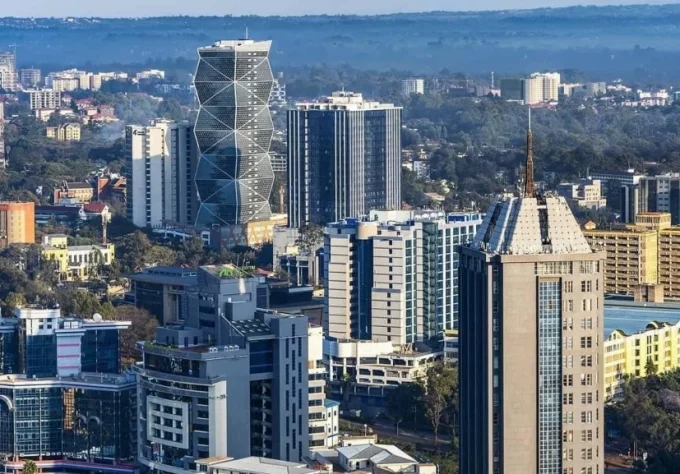Economic activity in Kenya is likely to have declined to its weakest level in five years, a World Bank’s Kenya Economic Update released in Nairobi Thursday says. GDP growth is estimated to drop to 4.9% in 2017, a 0.6 percentage point dip from the earlier forecast of 5.5% growth.
The slowdown in Kenya’s economic momentum is largely attributable to three drivers. First, the drought that hindered national agricultural output and the generation of hydropower together increased inflation and reduced household consumption. Second, private sector access to credit continued to decline, constricting economic activity. Third, election-related uncertainty weakened private sector activity for a good part of 2017. The impact of these on economic growth was partially mitigated by a rebounding tourism sector, strong public investment, and relatively low oil prices. As some headwinds ease, the medium-term outlook points to recovery in economic activity of up to 5.5% in 2018 and 5.9% in 2019. The robustness of this upturn will be contingent on the implementation of supportive policy reforms.
“We believe Kenya’s economy can rebound and strengthen through specific measures that safeguard macroeconomic stability, enable the recovery of private sector credit growth, and mitigate the impact of future adverse weather conditions on the agriculture sector,” said Diarietou Gaye, World Bank Country Director for Kenya.
For the economy to rebound robustly, it is important for credit to be given to small and medium size businesses to help them recover. While the removal of the interest rate cap would be a step toward this, it will not be enough on its own.
“Lowering credit cost and widening credit access sustainably call for a reduction in the benchmark risk-free government T-Bill and Bond rates, complemented by microeconomic reforms that include the universal adoption of credit scoring, accelerating the implementation of the movable collateral registry, and strengthening consumer protection and financial literacy,” said Mehnaz Safavian, Lead Financial Sector Specialist.
READ: You will be hanged, Githu tells Raila
Additionally, the projected rebound in economic activity is predicated on continued macroeconomic stability. Given elevated fiscal deficit levels and the subsequent narrowing of fiscal space, pursuing a pathway of fiscal consolidation over the medium term would be prudent.
“Fiscal consolidation could be supported through policies to improve the efficiency of public investment, incentivise the private sector to participate in capital projects to reduce the burden on the public sector, and enhance domestic revenue mobilisation and streamline recurrent expenditures,” said Allen Dennis, Senior Economist and Lead Author of the Kenya Economic Update.













Leave a comment